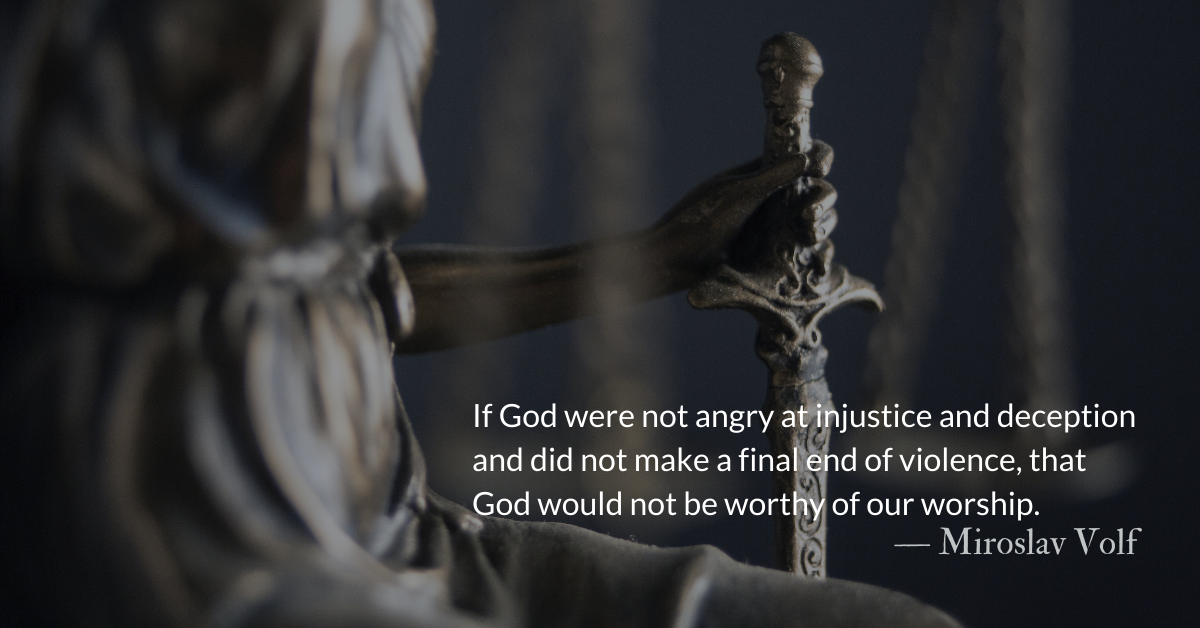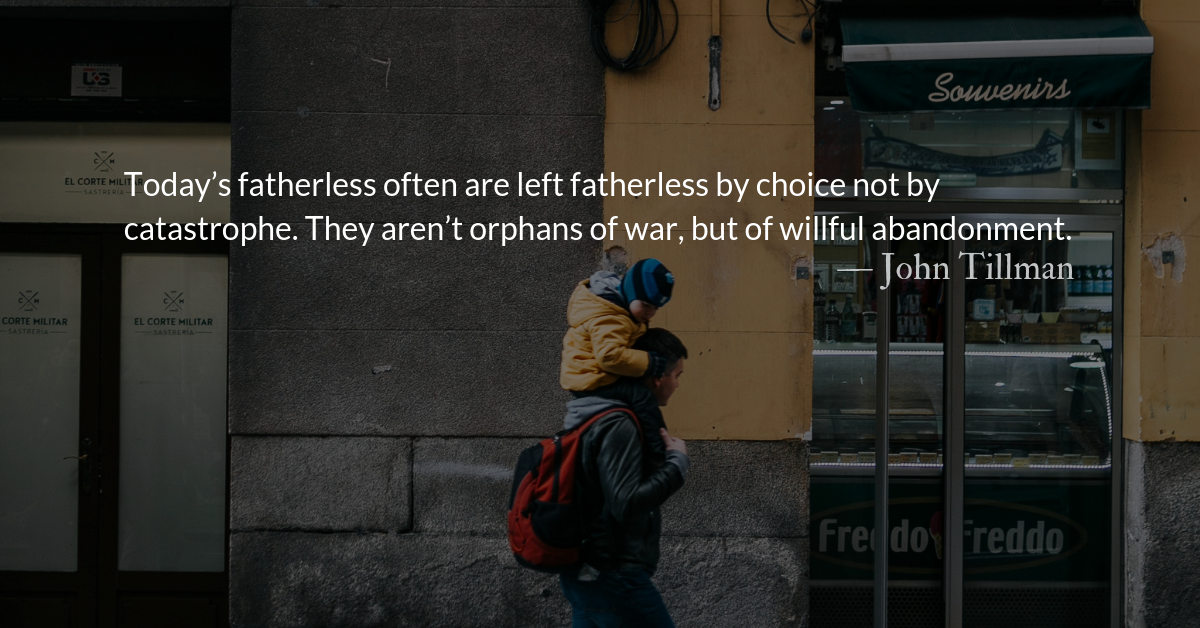Scripture Focus: Deuteronomy 19.15
15 One witness is not enough to convict anyone accused of any crime or offense they may have committed. A matter must be established by the testimony of two or three witnesses.
Reflection: Love By Seeking the Truth
By Susan P. Elliott
When Jesus was asked in the Gospels to rank the greatest commandment in the Old Testament, he responded that loving God and others was at the top of the list. All other commandments or laws explain how to do that. The book of Deuteronomy details how to love God and neighbor well.
Why were all these detailed instructions needed? After God rescued the Israelites from slavery in Egypt, they needed their own set of community rules to learn to govern themselves the way God intended in the promised land Moses was taking them to.
Today’s scripture shows the wisdom of how to discern truth in a dispute. Two or three witnesses must agree when someone is accused of wrongdoing, ultimately revealing the truth of the situation and the witness’s heart for evil or good. This instruction expands on the ninth commandment not to bear false witness by giving accountability to the witnesses. God understands the nature of the human heart and wants to protect people from false accusations. When looking for truth, God’s wisdom reveals that you need more than just one side of the story.
In our context, we see the wisdom of this principle at play in our court system and in our homes, schools, and churches as we mediate disputes. A wise person will listen to each side of the story before making a judgment. Listening to victims, whistleblowers, and the testimonies of the suffering, especially where multiple witnesses agree, shows God’s wisdom in this loving action.
Most people don’t turn to Deuteronomy for wisdom, but shouldn’t we? God gives clear instructions to his people so that justice can be served in his name. Love for God and others requires diligently pursuing the truth. Living as a citizen in the Kingdom of God requires wisdom. God shows us how to love him and others well in seeking truth.
You might remember the law about bearing false witness was broken in Jesus’ crucifixion trial. None of the witnesses could agree. (Mark 14.6) Truth can be found when we take the time to see what everyone has to say. Do we still rely on this practice today? If not, why? God knows it is both loving and wise to speak and listen to the truth. Obeying God in this way uncovers the truth and reveals the heart of those giving testimony.
Divine Hours Prayer: The Greeting
In you, O Lord, have I taken refuge; let me never be put to shame; deliver me in your righteousness. — Psalm 31.1
– From The Divine Hours: Prayers for Summertime by Phyllis Tickle.
Today’s Readings
Deuteronomy 19 (Listen 3:04)
2 Corinthians 12 (Listen 3:54)
Read more about Justice of God
Sometimes when we find penalties in the Bible harsh, it is because we have been fortunate enough to never suffer serious harm or experience evil firsthand.
Read more about Love Great or Terrible
It doesn’t matter how true your words are if they wound people…If you use truth to put people in this condition, what use is your “truth?”









